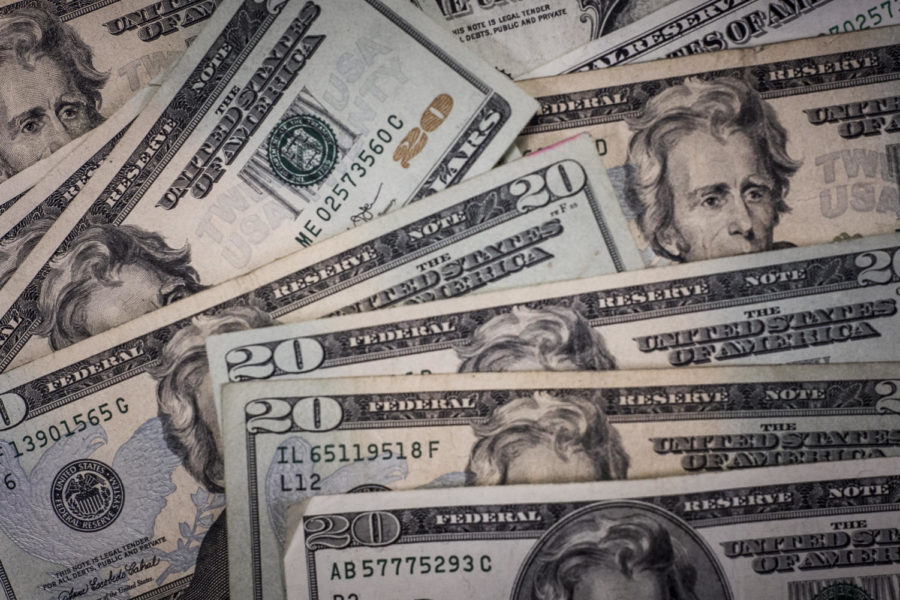As we start to approach the end of the COVID-19 pandemic, talks about a post-pandemic economic boom have been ever-present. Many people are comparing it to the post-1945 boom that occurred after World War II, in which the United States saw one of the greatest economic expansions in history. Sadly, these parallels do not consider what differentiate these recessions, such as the current levels of American debt and the fact that the U.S. is no longer the sole reigning state.
Now that restrictions are easing and the second stimulus checks are being distributed, it is only natural that people are going to start going out more — shopping, eating and aiding the economy. While this paints a picture of a boost in the economy, the reality remains that it will only be a short-term boost.
So how did we even get into this recession to begin with? COVID-19 is not the first pandemic that has plagued the world, nor will it be the last. The reason for America’s economic collapse is not the virus — rather, it is the inability to properly contain a virus. It is the failure to plan for the virus and the failure to understand how to reshape the economy so that it would not collapse in the face of a pandemic.
Prior to the pandemic, private enterprises did not find it profitable to produce and store test kits, ventilators, gowns and beds in hospitals — so they just didn’t. The government, trapped in the ideology of capitalism, did not step in to fix and compensate for the failure of the private sector, so we were unprepared for a pandemic.
Fast forward to the present day, the government is still offering us short term solutions, specifically stimulus checks. Like fixing a leaky faucet in a burning building, we are being thrown small checks to last us through the recession. As can be studied from the dot-com crash in the 2000s and the subprime crash in 2008 and 2009, throwing money at the problem is not a solution. Although it got the U.S. out of the crises, it set the country up for determined failure whenever the next one hits. And while two trillion dollars sounds like a lot on paper, it will solve very little.
Where does the government even get this stimulus money from? It borrows it, with added interest, from people who have money to lend: big banks, insurance companies, wealthy individuals and foreign governments. But this is nothing new. The U.S. has repeatedly borrowed from foreign governments to deal with their resultant struggles of capitalism, their largest benefactor being China. This means that every year, the government taxes you and me to pay interest to China, rather than investing it into our communities. Because of high interest rates, this makes the U.S. fall deeper into debt.
The solution is clear: raise taxes on the rich and come up with the stimulus money locally. It is unacceptable for billionaires to be doubling and tripling their wealth during the pandemic anyway, so we might as well put their money into use. And this way, the government would be able to pay them back without interest, saving all of us money and easing the ever-growing debt that is owed by the U.S. to other countries.
Ruya Hazeyen can be reached at [email protected]. Follow her on Twitter @ruyahazeyen.



















